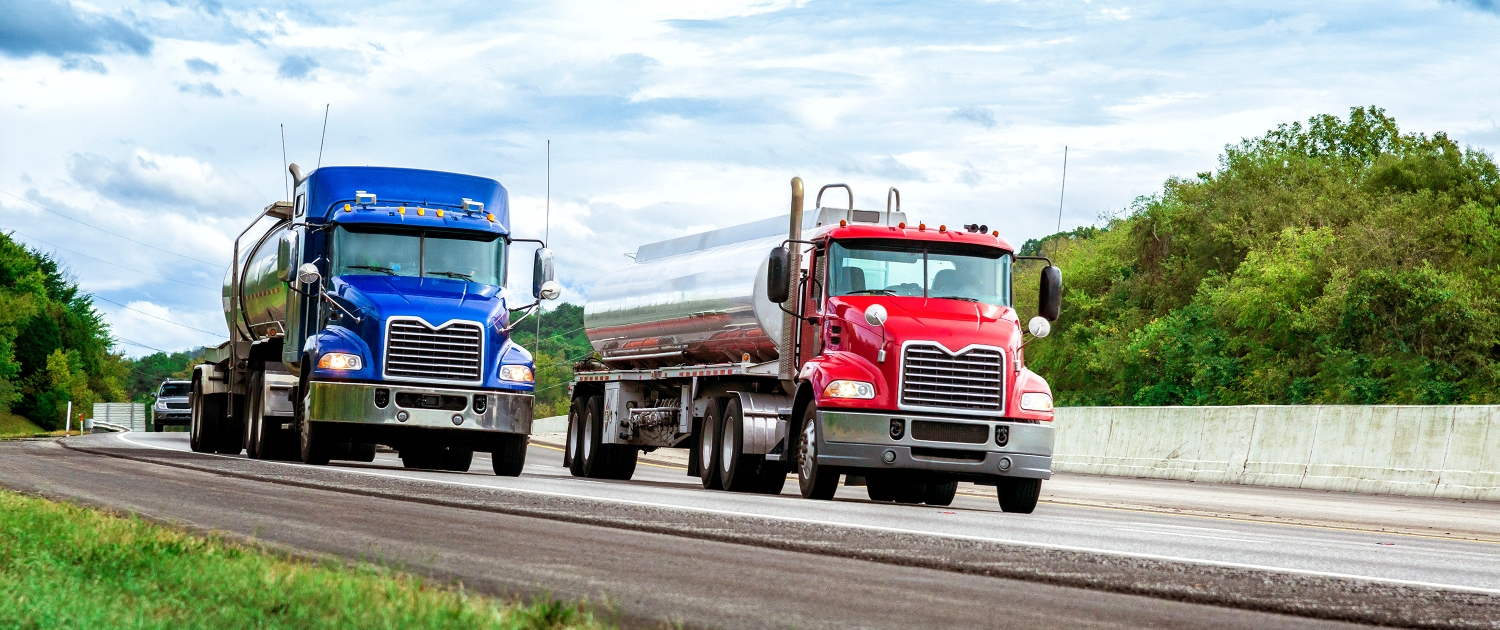
What do you look for in a trucking job?
For many CDL drivers, the answer is obvious: fair benefits and competitive pay that validate the difficult but essential work truckers do each day.
However, there are many other factors that can demonstrate a carrier’s commitment to their driver’s success and safety that every trucker should consider before deciding to join the team. Keep reading to find out what you should be looking for in a trucking position, and why it’s important to ask about these factors in every interview.
Check the Reviews
The first step any trucker should take before even applying to a position is to look at reviews or talk to other drivers. A company can make as many great claims as they want, but the real proof comes from actual experiences had by former and current employees.
Research the company’s reputation by reading online reviews on platforms like the Better Business Bureau and GlassDoor, or use specialized trucking forums like TruckersReport. Look for patterns related to safety, communication, and overall driver satisfaction.
Reviews are important to learning more about company culture and values and what opportunities are offered. Keep an eye out for any information on company retention rates, which can be a clear marker of the quality and work experience of employees.
While research is important, it’s best to reach out to current or former drivers who have worked with the company. Ask about their individual experiences, challenges, and any red flags they encountered.
Freight Type
Another important consideration is the type of freight a company primarily handles, such as dry van, refrigerated, flatbed, or tanker. These can have an impact on your time at home, work/life balance, and overall satisfaction, so choose a company that aligns with your preferences and expertise.
If being home every night is a priority, inquire about home time policies. Does the company offer consistent schedules or flexible options? Ask about the process for taking time off work and assess if the balance meets you and your loved ones’ needs.
Carriers that primarily conduct OTR or longhaul runs will understandably provide less home time, while they might offer other benefits that make it worth a driver’s time. Look for options such as last mile delivery if staying local and having a flexible schedule is essential for you.
However, no matter the freight type, inquire about the company’s stance on work/life balance and how they support their drivers in achieving it. Finding the right balance between work and home life is crucial for your overall well-being and job satisfaction.
Training & Professional Development
A company that invests in continuous learning and training benefits both the drivers and the organization, so assess what opportunities are available for ongoing professional development.
Discover if they offer paths for career advancement, such as internal mobility or the potential to receive skill certifications and specialized training. Ask if longevity in the company comes with benefits such as better route choice, promotions and increased compensation, or the ability to become a mentor for other drivers in a trainer program.
Communication is Key
Clear communication is an essential part of every trucking job, so it is important to understand how a company views and values conversation and driver engagement.
Ask about how communication works with dispatch and employers. Is it efficient? Do they listen to and understand drivers’ concerns and needs? This is an area where it helps to ask during the interview phase but also read reviews and talk to current employees.
Driver feedback helps carriers to improve the quality of company policies and employee satisfaction, so some conduct regular driver engagement surveys or offer one-on-one meetings. Find out how the company seeks driver feedback, and how they act on this input.
Health & Wellness Support
A factor that some drivers might not consider asking about is how a company supports their employees when it comes to mental and physical wellness. An employer that prioritizes driver health is a good sign, so it’s important to ask about safety protocols, health insurance, and driver support programs.
Find out about health insurance, dental coverage, or other wellness programs offered to support physical health such as a gym membership. Some carriers also provide programs to support mental health, such as access to online counseling programs like BetterHelp.
Finding the right fit for a CDL job can be tricky, but it’s always worth the time and effort to make sure your experience and interests align.
For more information on trucking jobs and industry trends, check out the rest of our Truck Driver Blog posts and follow us on social media!







